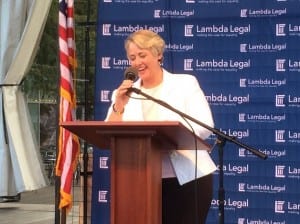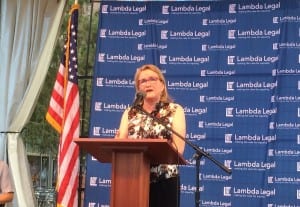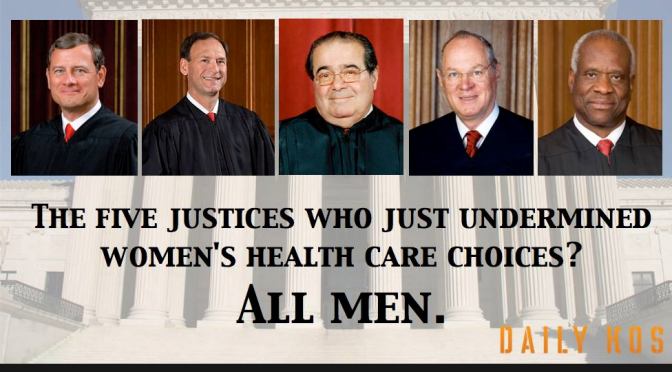Sometimes a series of unlikely events converge to yield what is ultimately the best of all possible conclusions. For months prior to the week of Houston’s official Pride celebrations, the continued success of those festivities was somewhat in question. Pride Houston, the organization charged with planning producing and executing the massive festival and parade each year, had some early difficulties when it first announced last October that the signature events would be relocated to downtown… away from their traditional home in the Montrose neighborhood. The move came as a total surprise to the many organizations that plan and participate in Pride, as well as local businesses who often cited the parade’s convenient location to be of great benefit.
Barely one month later, Pride Houston once again frustrated community leaders by announcing plans to change the date of Pride from the expected last weekend of June (June 27th) to one week earlier (June 20th). Had this move occurred the city’s LGBT celebration would have been in direct conflict with observances of the Sesquicentennial Anniversary of Juneteenth… an event which prior to a contentious meeting with community leaders was unknown to local Pride leaders.
Even despite this arduous journey, in the case of Pride Houston all is well that truly ends well. Leaders rightfully moved the Parade to downtown in part because they hoped to eventually grow the size and scope of the festival. But because Pride planners also listened to community leaders and decided to hold the festivities on the June 27th date, Houston received the special bonus of being the first Pride celebration in Texas after the Supreme Court’s historic decision to legalize marriage equality across the United States. What resulted was by all accounts, the largest Pride celebration in city history, in a venue well designed to accommodate the roaring crowds.
On June 26th one day before the planned Pride festivities, city leaders gathered for a joyful and spontaneous rally following the day’s court decision. Mayor Annise Parker, and now formally recognized First Lady of Houston Kathy Hubbard were all smiles at the event. With the ruling, their marriage too was now official in the state of Texas.
Mayor Annise Parker speaking just hours after the Supreme Court struck down Texas’ same-sex marriage ban, and brought marriage equality to all 50 states.
Houston’s First Lady Kathy Hubbard beams while linking arms with wife, Mayor Annise Parker.
Prominent allies like State Senator Sylvia Garcia (above) and State Legislator Garnet Coleman also made time to speak at the impromptu event, and show support on the historic day.
On Saturday June 27th, many Houstonians experienced a new way to get to Pride. Now that it is being held in downtown, celebrants can park their cars, and arrive at the event via MetroRail. Patrons parked all along the lines, including sites like Fannin South station, Northline Mall and the University of Houston main campus.
The iconic canyon skyscrapers lining Smith street became the new backdrop for Houston’s Pride Parade.
Record crowds attended the Pride Festival and parade.
Houston Social Media Director Melissa Ragsdale Darragh, Mayor Annise Parker and First Lady Kathy Hubbard smile before the parade. Melissa also placed 3rd in the 2015 Pride SuperStar singing competition, and is an avid LGBT ally. (Photo credit: Mayor’s facebook page)
No official numbers have been released yet, but many believe that this year’s Pride parade had well over 700,00 attendees, shattering previous records for the city of Houston. Kudos to all of the incredible volunteers, and to Pride Houston leadership for producing a monumental celebration. It’s safe to say that many Houstonians and out-of-town visitors will be looking forward to our version of Pride next year.













